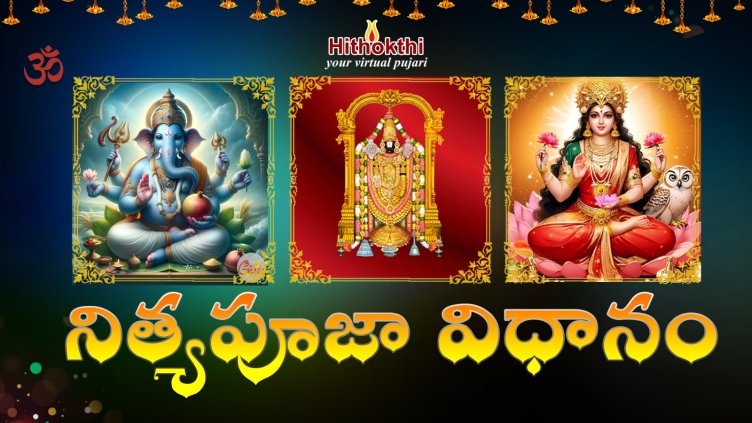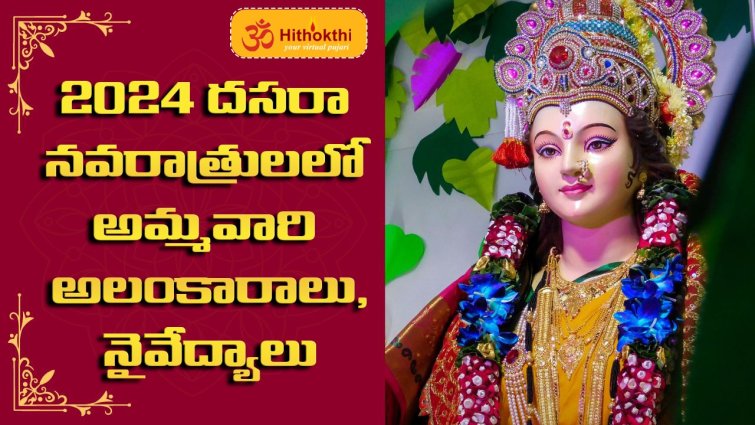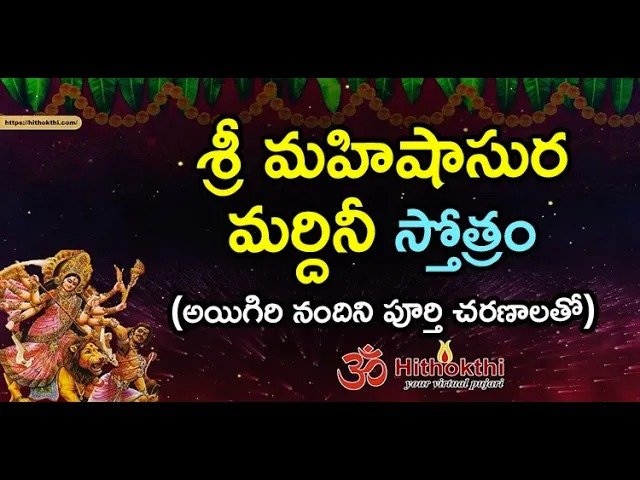Advocates Lend a Helping Hand to Widows Seeking Refuge in India’s Holy Cities
Advocates Lend a Helping Hand to Widows Seeking Refuge in India’s Holy Cities
VARANASI, INDIA, July 19, 2013: Jamuna Devi, 85, says she has been living under a curse since her husband died more than 70 years ago.
Widowhood is a curse, and I am living it, says Devi, who is originally from Nepal.
Devi was 12 when she married a 35-year-old man as his second wife. He died from an unknown disease shortly after they married.
Hindu culture isolated Devi from society in various ways once she became a widow, she says.
Custom dictated that she remove her jewelry, a sign of a married woman in Hindu culture. She also had to cut her hair and wear a white sari a traditional Indian dress for women to signify her widowhood. Out of respect for Hindu tradition, she confined herself to a room where she could practice puja, a religious ritual.
Devi did not attend any family gatherings for fear of casting her bad shadow on them. Family members shunned her and thought she was cursed.
With her own parents dead, Devi sought refuge with her brother. But he had a wife and family of his own and told her that she was a burden. When she was 20, he left her in Varanasi, a city on the banks of the Ganges River in Uttar Pradesh, a state in northern India.
That was 65 years ago.
No one has come to meet me since, she says as she prepares for her puja. They must have forgotten me. But I remember every one.
Today, she lives in a government-run ashram a Hindu retreat dwelling in Varanasi thanks to a person she used to work for. The ashram gives her shelter and food. Without it, she would be on the streets like thousands of other widows here.
This year, an organization that supports the ashram called Sulabh International Social Service Organisation adopted her. The organization gives her a monthly stipend and benefits such as health checkups.
Sulabh International Social Service Organisation, which describes its mission as emancipating scavengers, began dedicating itself to helping Indias widows in August 2012 in Vrindavan, another city in Uttar Pradesh, says founder Bindeshwar Pathak. In 2013, it extended its work to Varanasi.
The organization adopted 150 widows in 2013 in Varanasi, Pathak says. It offers them a stipend of 2,000 rupees ($35) per month, along with benefits such as regular health checkups.
With some money in hand, they will certainly feel secure, he says. Also, they wont be forced to go out looking for alms.
Estimates for the number of widows living in Uttar Pradesh vary from 3,000 to nearly 20,000, according to a 2010 report from the National Commission for Women.
Widows are cursed, according to Hindu culture. As a result, families often abandon widows, sentencing them to a life of poverty, Pathak says.
Fewer than one-third of widows in India live above the national poverty line, according to Sulabh International Social Service Organisation. The World Bank defines the poverty line in India
as earning 56 cents (29 rupees) per day in urban areas and 44 cents (23 rupees) per day in rural areas.
Varanasi and Vrindavan draw widows who hope to die in two of Indias holiest cities, Pathak says. Widows here survive off begging and singing bhajans religious hymns for money in the temples and on the banks of the Ganges River.
Krishna Devi, 80, is another widow that Pathaks organization adopted in 2013. Devi, a common last name, has lived on the streets for 50 years.
From Bihar, a state in northern India, she lived with her mother-in-law after her husbands death. But when her mother-in-law also died, the rest of her relatives-in-law distanced themselves from her, she says.
So she decided to come to Varanasi. During her first few years in the city, she worked as a housemaid and did odd jobs in order to feed herself. But poor health and old age do not permit her to work anymore, and she is tired of living off alms.
There are days when I just go to sleep hungry, she says. I need work to feed myself.
That is why she says the pension that Sulabh International Social Service Organisation provides is the most valuable benefit. The organization mostly sponsors women who live in ashrams, but Krishna Devi is an exception.
Pathak decided to help widows after seeing a 2012 media report about government shelters in Vrindavan that disposed of widows bodies by chopping them up and packing them into bags instead of cremating them, he says.
The Supreme Court of India issued a statement in August 2012 calling the finding shocking. It directed the National Legal Services Authority to contact organizations such as Pathaks to assist widows living in government shelters in Vrindavan and Varanasi.
Pranjal Yadav, the district magistrate of Varanasi, says he welcomes the initiative by Sulabh International Social Service Organisation.
We are glad that the organization has taken up this mission, he says. We are sure this movement will change the lives of many women here and bring a positive change to the state.
The organization continues to expand its efforts to support widows. Pathak says he hopes to eliminate the social stigma of widowhood by educating the community. He also wants to help widows to become financially independent so that their families and society do not see them as burdens.
Eradication of widowhood is going to be our main cause now, Pathak says. After our campaign in Vrindavan, we came to Varanasi and, looking at their plight, we are planning to propose a bill for protection, welfare and maintenance of widows.
Pathak intends to draft a bill for Parliament to consider that would increase social and financial protection for widows, he says.
No policy can be implemented without a nod from the government, he says. I want the government to facilitate our programs.
As the organization awaits governmental action, Pathak says it will continue teaching widows basic skills to help them
to earn a living. They are already learning how to sew as well as how to make flower garlands, beads and incense sticks.
Widowhood is not a curse, he says.
Source: Big News Network, DT. July 19, 2013.







